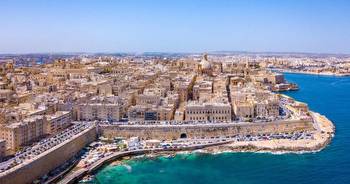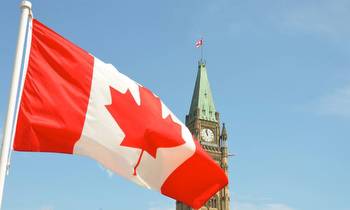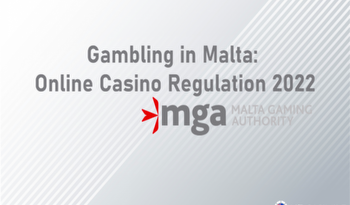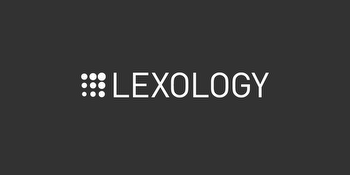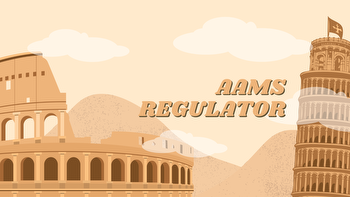Malta: The epicentre of the gambling industry

Malta became the first EU member state to enact comprehensive legislation on remote gambling in 2004. Online providers represent around 12% of Malta's GDP. The industry has seen a success in the UK. UK have relaxed gambling laws with many online gambling providers regulated by Maltese firm, the MGA. online live casinos are a new trend in UK where providers stream real life dealers on games such as blackjack to enhance the online gaming experience.
MGA was established in 2001. It regulates most forms of gambling in Malta. This includes land-based activities such as casinos and their online counterparts. B2C (business-to-consumer) consists of businesses that sell a product or service to the end-user. Business- to business consists mainly of software developers that produce casino games or betting infrastructure.
B2C (business-to-consumer) businesses sell a product or service to the end-user. B2B ( business- to-business) companies sell products or services intended for business use, not the consumer.
MGA's goals are to prevent criminal enterprises, create transparency and security for players, protect minors and vulnerable individuals, safeguard players’ funds and deposits, monitor the activities of licencees and prove randomness and fairness in all games of chance.
To prevent criminal enterprises and protect minors and vulnerable people. To provide guidance and assist companies in applying for gambling permits.
Malta is the epicentre of the gambling industry. Over 250 gaming firms call Malta home.
Malta offers a competitive tax rate for gaming companies. The corporation tax for similar firms in the UK is closer to 21%.
Portugal has attracted start-ups and tech giants to Lisbon and Porto in recent years. Malta has a strong fibre optic network in urban areas and is one of the few countries in Europe with nationwide 5G access.
Malta has a strong education system and a capable workforce. English is an official language of Malta. The country offers a well-established network of supporting industries.
Malta is a member of the EU and is part of Eurozone. Malta is attractive for iGaming firms. The EU allows free movement of workers between member states. High-skilled employees can enjoy a 15% income tax cap on their salary.
Malta's gaming industry generates 700 million euros annually in tax revenue and employs 9,000 people. The industry has attracted some large UK based firms to relocate to Malta. 10 per cent of all gaming companies are registered in Malta and it's likely to grow in the future.









